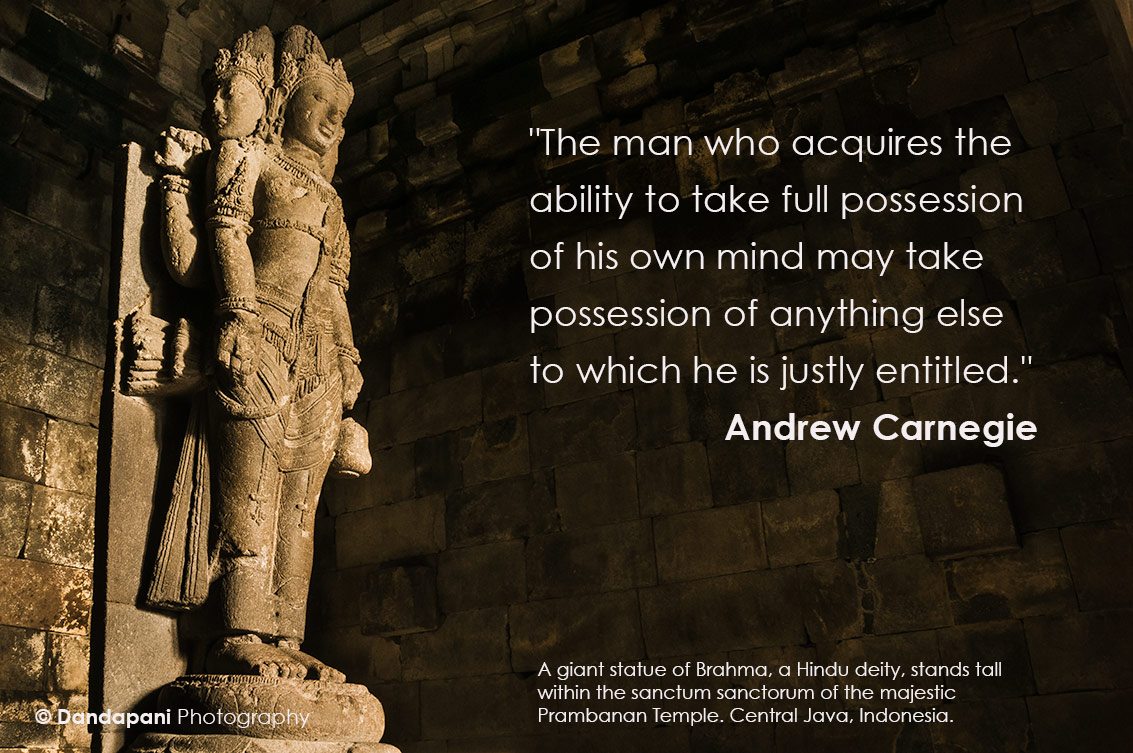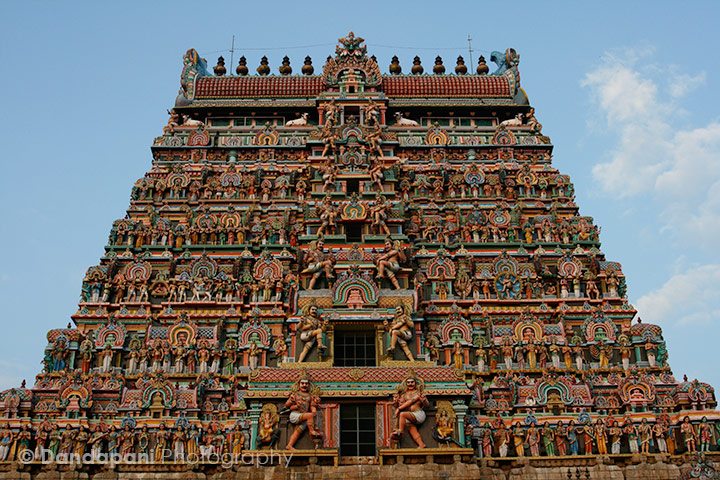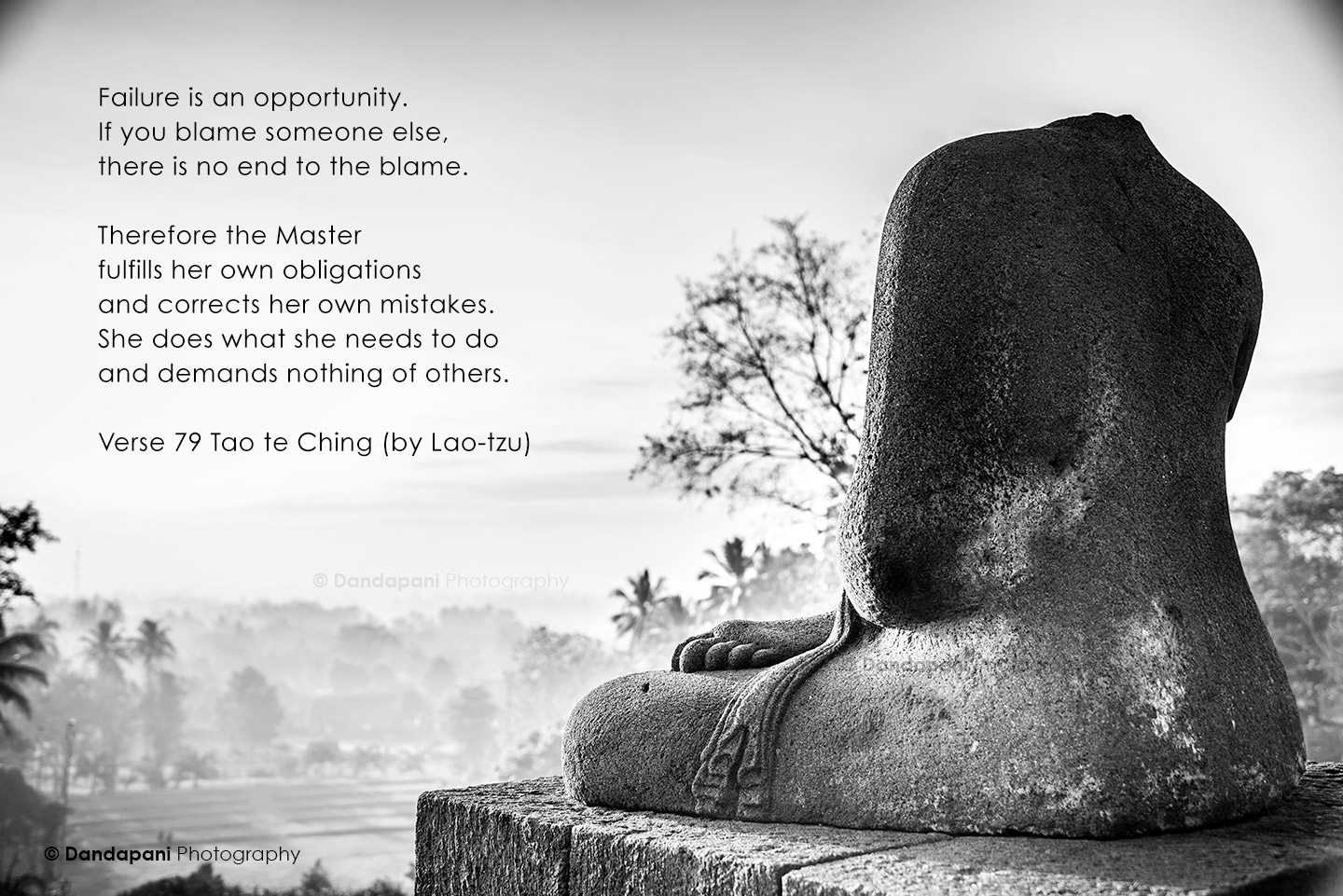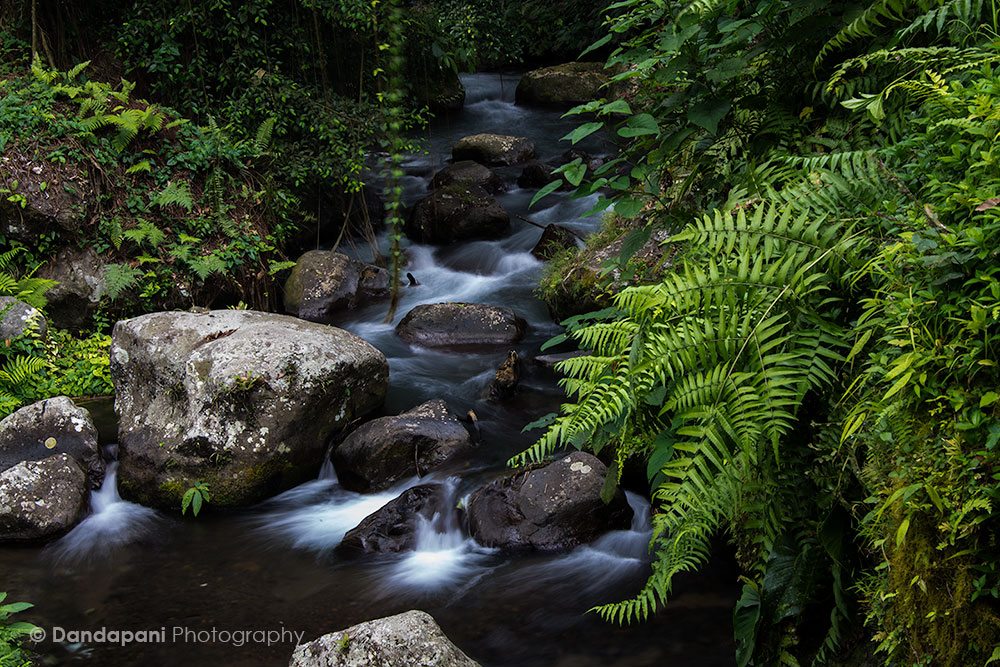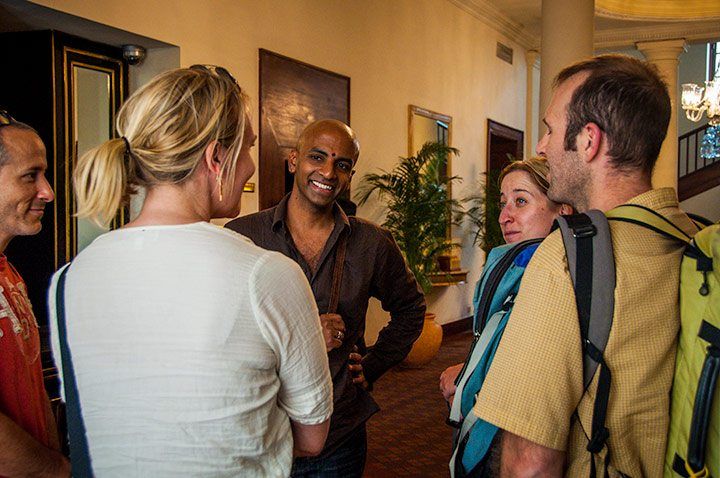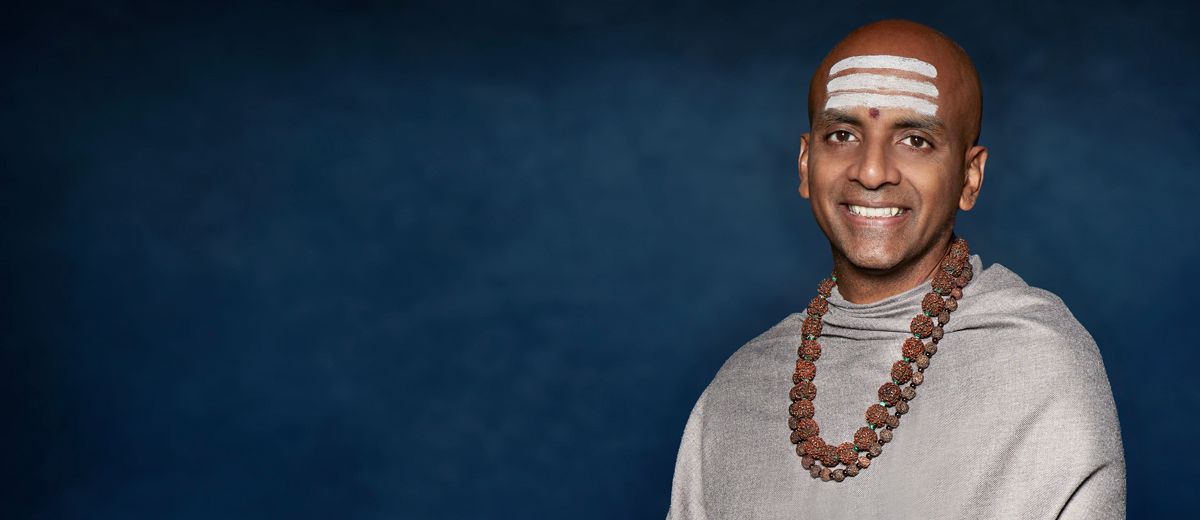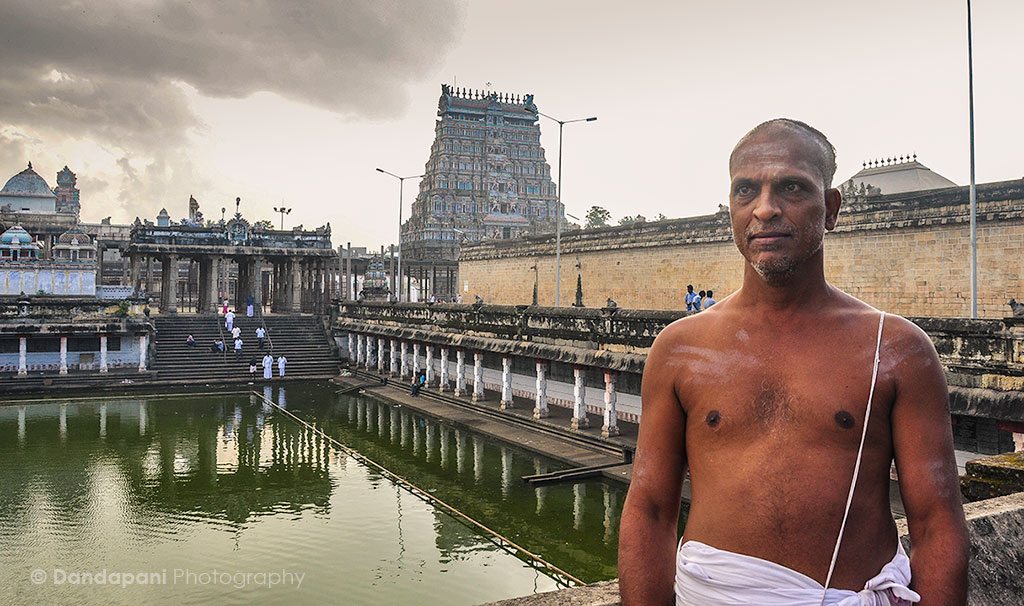
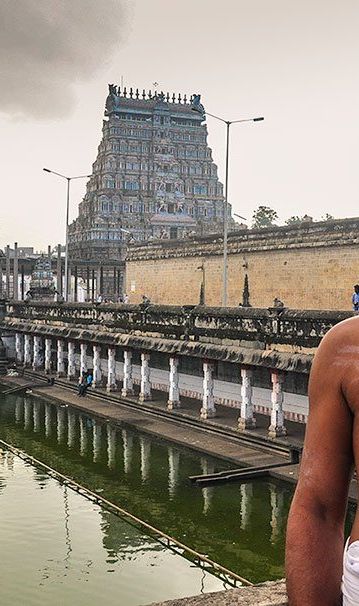
In one of our previous posts we gave a glimpse into the grandeur of the Thillai Nataraja Temple located in the small town of Chidambaram in South India. It's one of the places which we will be exploring during our 2014 South Indian Spiritual Adventure. An important aspect of the temple's existence is the service of the Dikshitars, or priests of the temple, who are responsible for the performance of ancient sacred practices and the upkeep of the temple.
When the Temple was first built, it is said that there were 2999 Dikshitars. The Dikshitars are said to have been first anointed with the honor of paying tribute to the Hindu supreme God Siva by sage Pantanjali. Today, each Dikshitar has a chance to assume the role of Chief Priest for a day, allowing the privilege of leading the other Dikshitars in worship.
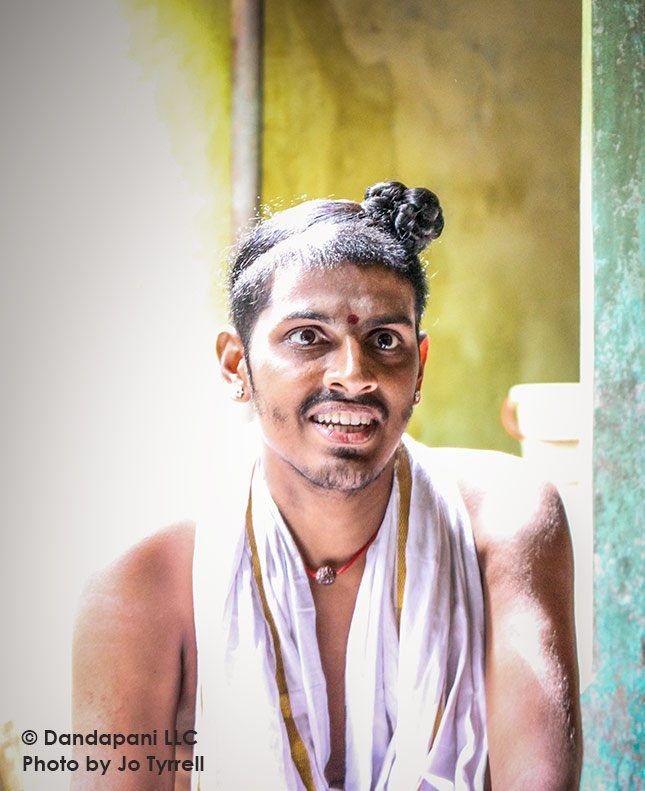
Every day the Dikshitars perform rituals, or Pujas, taken from ancient spiritual texts, the Vedas and Agamas, as a way to pay tribute to Siva. The morning at the temple begins with the Chief Priest preparing himself to enter into the temple. In order to honor Siva, the god's holy sandals is brought from the bedroom to the main temple, accompanied by ceremonial drums, bells, and cymbals and followed by an offering to Siva of sweets, ghee, milk, fruit, rice and other local provisions. The Chief Priest then chants the ritualistic mantras and hymns that speak of Siva's greatness and pay homage to the deity. These scared Pujas are performed six times throughout the day, each slightly differing from the next. The second Puja of the day includes anointing and blessing the ruby encrusted statue of Siva. It is said that the last Puja of the night is always performed with an added intensity and zeal, for it is when the entirety of divine power and force of the universe come to rest within Siva when he goes to his chamber for the evening, as signified by the returning of his sandals to his designated holy chamber.
The temple is open to visitors daily, and many come to pray to Siva for such acquisitions as mental peace and clarity, success in artistic endeavors, fertility, prosperity and Self-Realization.
When visiting the temple, you will have no trouble identifying the Dikshitars as each of them wears their long hair in a lop-sided bun placed on the left side of their heads. Check back to learn more about the meaning behind this.

